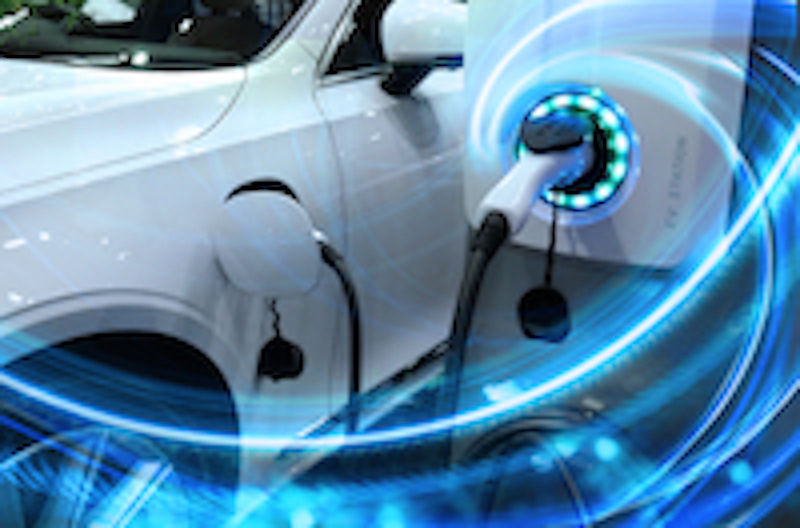By Daniel Roberts, Vice President, Operations, Hawaii Pacific Solar
As seen in Building Management Magazine, pp. 32&33, September 2020
Hawaii moved a step closer to 100 percent renewable energy with a recent Honolulu County law that requires new building construction to include infrastructure to support electric vehicle (EV) charging stations and new parking lots to have at least 25 percent of their stalls wired and ready to support chargers. Hawaii law already requires places of public accommodation with at least 100 parking spaces to have at least one parking space with an EV charging station, but the County ordinance definitely kicks it up a few notches.
According to (DBEDT), there were 12,140 electric passenger vehicles and 23,639 hybrid passenger vehicles in Hawaii as of May, 2020. That represents 3.3 percent of all passenger vehicles in the state, which may seem like a small percentage, but the number has increased significantly over time and will continue to increase as we move further away from fossil fuels.
Currently, much of the EV charging is done at home, but some EV owners, such as those in condominiums and apartments, do not have easy access to chargers. They rely on workplace or public charging stations.
With the new law and growing interest in EVs, for most building owners, it’s no longer a matter of if, but when.
There are various options to consider when it comes to charging stations, including what type of charger, who will own it, who will operate it and whether charging will be free or not. For workplace charging, many employers choose to own the station and offer charging at no cost to their employees.
Building owners, on the other hand, may want to generate revenue from the charger to help offset the cost. Building owners can contract with a third party to arrange for the installation of the equipment as well as operating and maintaining it. Companies such as Aloha Charge, ChargePoint and Mana Monitoring have multiple sites under their control which gives them brand recognition. In some cases, these third parties own the equipment and either lease the site, or pay a fee related to the revenue generated from the equipment.
Installation cost varies considerably. One aspect of cost is the equipment which is dependent on the type of charger: Level 1, Level 2 or DC Fast Charger. Level 1 provides charging through a 120-volt AC circuit. These chargers take a long time to charge a vehicle and are typically used when only 120-volt circuits are available (as in residential applications) or in places where cars will be parked for a long time (such as long-term airport parking). Level 2 chargers typically use a 240-volt or 208-volt service. DC Fast Charger enables rapid charging generally designed for 480-volt service. For workplace charging, a Level 2 charger is generally sufficient since employees are parked for several hours at a time.
In addition to the equipment, the installation itself can add significantly to the overall cost. Upgrading the electrical service, if needed, to provide a dedicated 240 volt circuit and proximity to the electrical service to reduce trenching/conduit are aspects to consider. Cellular strength is another factor since most chargers are networked and/or require connectivity for reporting faults and collecting payment. Bill 25 (which became this new law) attempts to address these costs by including the needed infrastructure at the time of initial construction.
There are incentives available to help with these costs. Act 142 signed by Governor Ige and effective January 1, 2020 made funds available for the installation of and upgrades to existing EV charging stations. Applicants can receive $4,500 for the installation of a new charging station with an output of at least 3 kilowatts (kw) and $3,000 for upgrading an existing station. A larger rebate of $35,000 is available for installing stations with an output of at least 40 kw, while upgrades can receive $28,000. There is still funding available under this program.
There is also a special EV rate schedule available from HECO that provides lower rates for energy purchased between 9:00 am to 5:00 pm (currently 15.9c per kwh on Oahu) and no demand charges. Taking advantage of this rate schedule necessitates the installation of a separate meter which will add to the cost of the installation.
Now is a great time to consider an EV charging station to enhance your building and provide additional benefits to employees or tenants. A list of EV charging station contractors can be found at the Hawaii Energy website www.hawaiienergy.com


